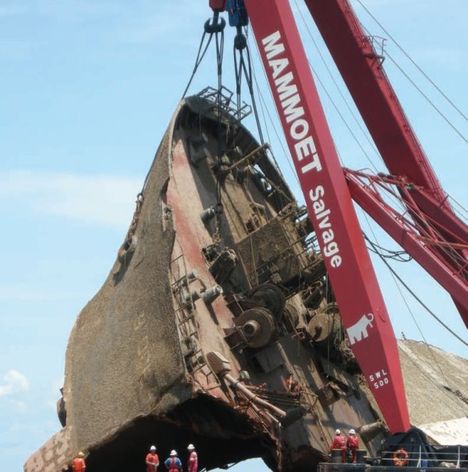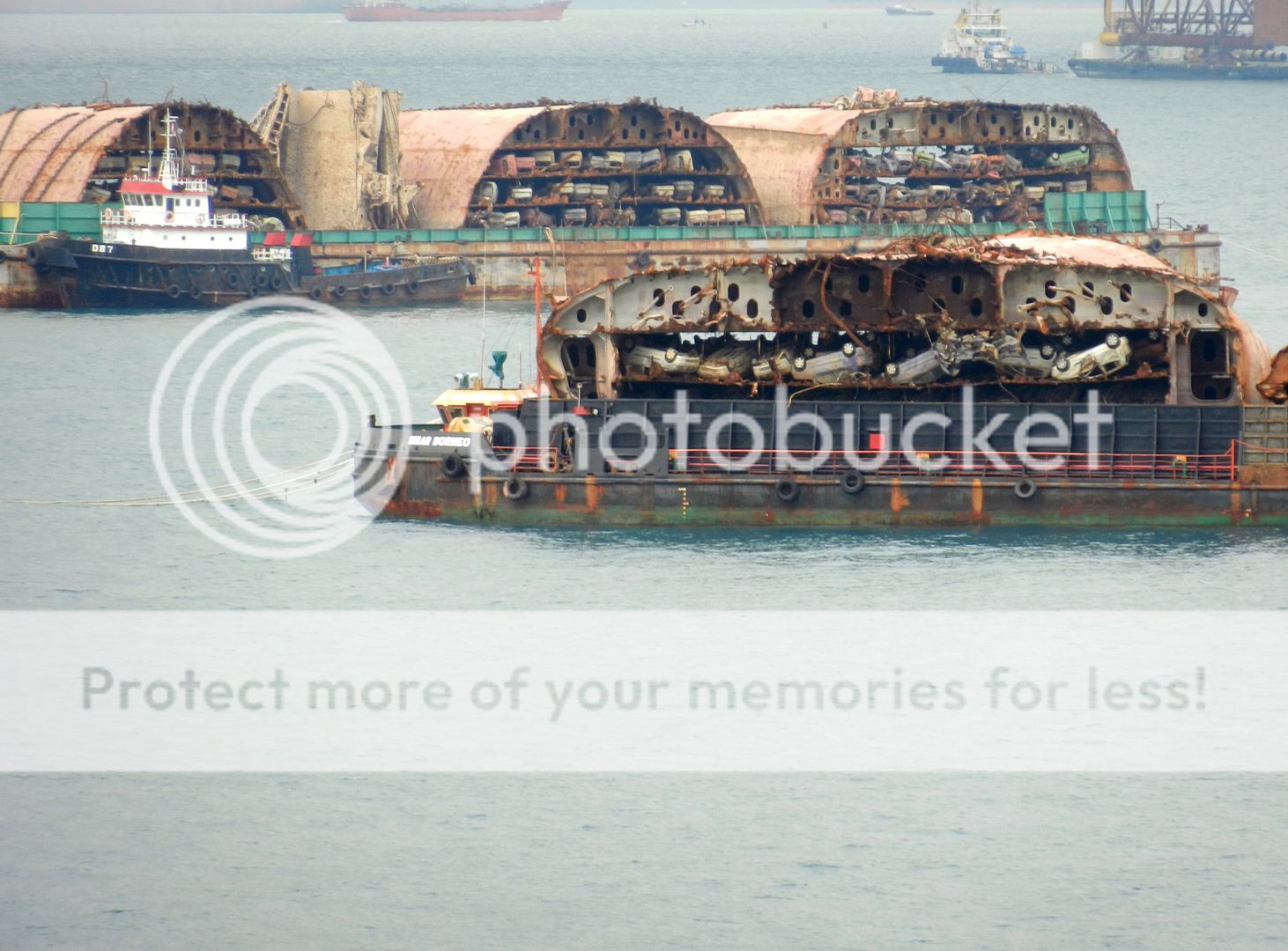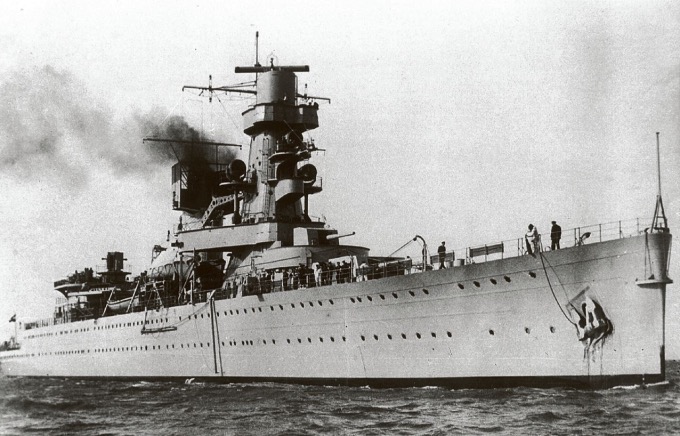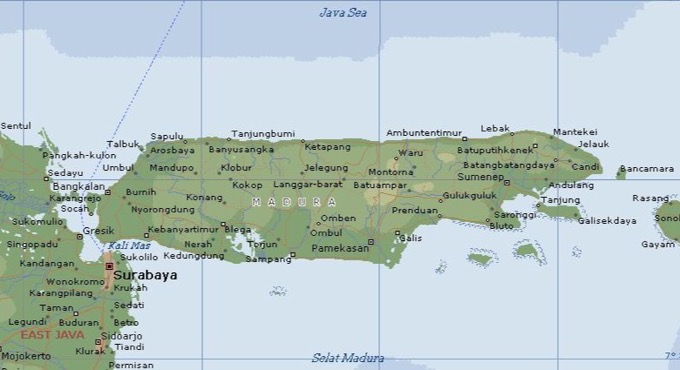I might add that ruthless exploitation of Indonesia’s natural resources, without regard for the ultimate social costs, has been a part of the base business model for centuries. As someone pointed out above, removing scrap metal from old wrecks comprises 0.0001% of the country’s ancient colonial business model.
Indonesia agrees to help solve mystery of missing shipwrecks
AFP November 23, 2016
Netherland’s Prime Minister Mark Rutte chats to to Indonesian President Joko Widodo at the presidential palace in Jakarta on November 23, 2016View photos
Netherland’s Prime Minister Mark Rutte chats to to Indonesian President Joko Widodo at the presidential palace in Jakarta on November 23, 2016 (AFP Photo/Adek Berry)
More
Jakarta (AFP) - Indonesia has agreed to work with the Netherlands to investigate the mysterious disappearance of several World War II shipwrecks – considered war graves – from the bottom of the Java Sea, the Dutch prime minister said Wednesday.
The recent discovery that at least six Dutch and British warships sunk in 1942 had disappeared from the seabed caused shock and dismay in Europe, and demands for answers.
Investigators believe the military wrecks – lost during the Battle of the Java Sea – were removed by illegal scavengers looking for scrap metal, an effort that could have taken years.
More than 900 Dutch and 250 Indo-Dutch sailors died during the battle in which the Allied navies suffered a disastrous defeat by the Imperial Japanese Navy.
Indonesia initially refused to take the blame for the missing ships, saying it had not been asked to protect the wrecks and therefore was not responsible for them.
But Jakarta has since agreed to cooperate with former colonial ruler The Netherlands in getting to the bottom of the mystery, Prime Minister Mark Rutte said following a meeting with Indonesian President Joko Widodo.
“I would also like to thank Indonesia for its offer to cooperate after we learnt about the sad news on the shipwrecks,” Rutte told reporters at the state palace.
“We’ll work together to find clarity of what happened and we will coordinate in the future.”
Salvaging operations are rife throughout Indonesia, varying from large commercial operations using cranes and platforms to smaller ventures shipping scrap to dealers along Indonesia’s thousands of kilometres of coastline.
Experts say it could have taken small-time scavengers years to pull apart the wrecks piece by piece, with crews using crude diving apparatus to search for valuable parts like the huge bronze propellers.
Indonesia struggles to police its sprawling archipelago of more than 17,000 islands. Its vast waters are a hotspot for other criminal activity including people smuggling and illegal fishing.
Amateur divers discovered the long-lost wrecks of three Dutch warships in 2002, 60 years after they were sunk in the major naval clash with Japanese forces.
But an international expedition that sailed to the wreck site ahead of next year’s 75th anniversary of the battle was shocked to discover the wrecks and others had gone.
https://www.yahoo.com/news/indonesia-agrees-help-solve-mystery-missing-shipwrecks-082321705.html?soc_src=mail&soc_trk=ma




